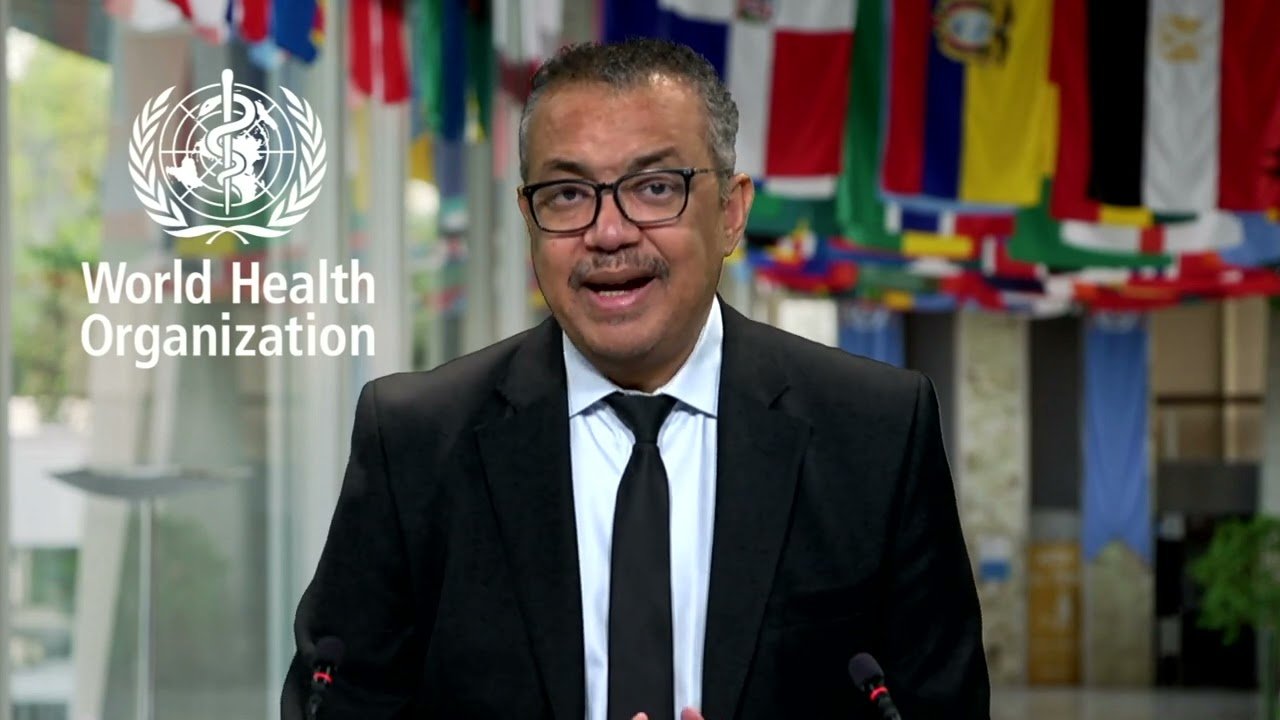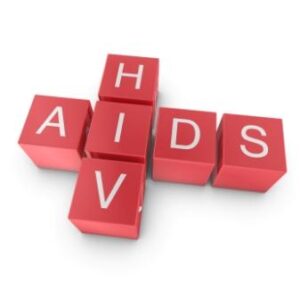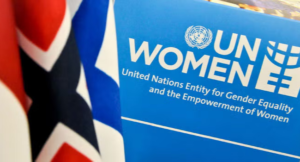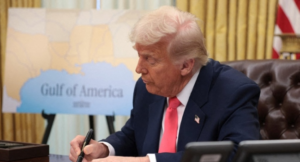
World leaders have been urged to apply lessons learned from the Covid-19 pandemic and prioritise health for all.
As world leaders gathered in New York for the 78th session of the United Nations General Assembly (UNGA), the World Health Organization (WHO) has called on countries to invest in pandemic prevention, preparedness and response, and to end the tuberculosis (TB) crisis. The appeal comes as the world faces multiple humanitarian and climate-related crises that threaten lives and livelihoods around the world.
“If Covid-19 has taught us nothing else, it’s that when health is at risk, everything is at risk,” said WHO Director-General Tedros Adhanom Ghebreyesus. “The pandemic caused enormous economic, social and political upheaval, and stalled or reversed progress towards the health-related targets of the Sustainable Development Goals.”
He also noted that progress in reducing infant and maternal mortality has stagnated (and in some regions has even been reversed), and progress in tackling infectious diseases such as HIV/AIDS, TB and malaria has stalled.
“In many parts of the world, sexual and reproductive health and rights are also being rolled back. Access to life-saving tools is uneven around the world, with millions unable to afford or access the care they need. Non-communicable diseases and mental disorders, which account for more than 70 per cent of deaths worldwide, threaten social and economic development everywhere,” he said.
Dr Ghebreyesus reminded leaders that technologies and a renewed commitment to equity and sharing in the wake of the pandemic are positive developments.
“Disease robs individuals, families, communities and entire nations of the opportunity to grow and prosper. The fact that billions of people cannot access or afford basic health services leaves them vulnerable to poverty, easily preventable and treatable diseases and mental disorders, which account for more than 70 per cent of deaths worldwide, threaten social and economic development everywhere,” he said.
Dr Ghebreyesus reminded leaders that technologies and a renewed commitment to equity and sharing in the wake of the pandemic are positive developments.
“Disease robs individuals, families, communities and entire nations of the opportunity to grow and prosper. The fact that billions of people cannot access or afford basic health services leaves them vulnerable to poverty, easily preventable and treatable diseases like TB, and the impact of future epidemics and pandemics,” he said.
UN Secretary-General Antonio Guterres appealed to world leaders: “This is not a time for posturing or positioning. This is not a time for apathy or indecision. This is a time to come together for real, practical solutions. This is a time to compromise for a better future. People are looking to their leaders for a way out of the many crises, but in the face of all this and more, geopolitical divisions are undermining our ability to respond.”
President William Ruto is already in the United States and is expected to attend several high-level UNGA meetings on Sustainable Development Goals and Dialogue on Financing for Development, as well as a summit on climate ambition.
According to a provisional programme released by the UN secretariat, President Ruto will address the UNGA General Debate on climate change, debt and global financial restructuring, and technology. In tomorrow’s afternoon session, five African leaders, including President William Ruto, are expected to address the Assembly.








